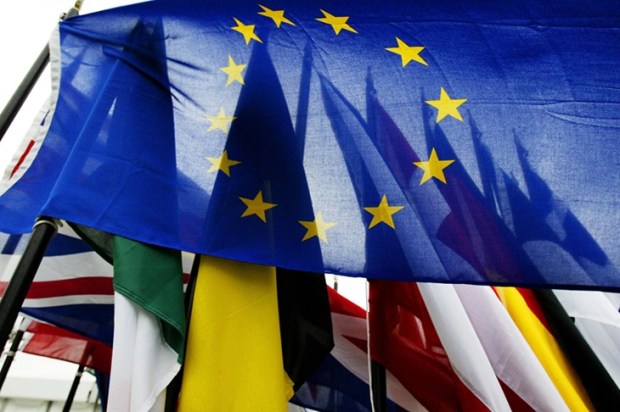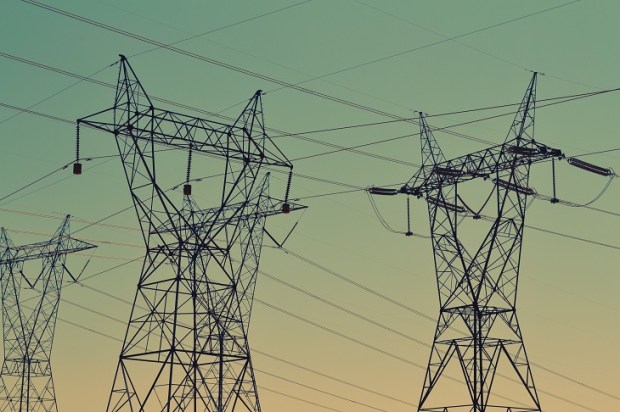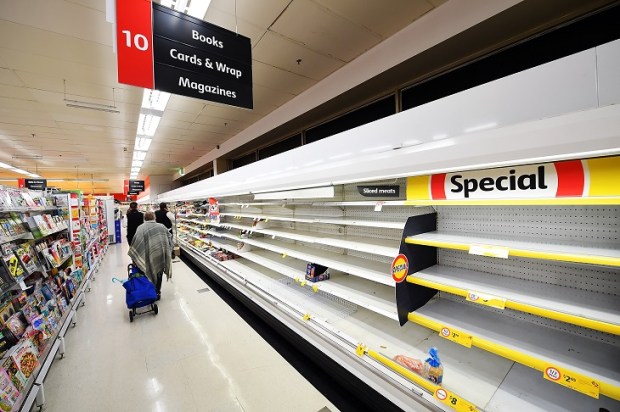As summer mellows into autumn, Europeans are beginning to prepare for winter.
This is bad news, as the winter of 2022, and perhaps the next ten winters, are set to be the costliest in generations.
In Ireland, the owner of a small café – only just turning around from Covid lockdowns – was slapped with an almost €10,000 electricity bill for a mere 73 days of energy use. In 2021, her entire year’s electricity cost was only €12,700, excluding Vat.
Irish power prices will only grow. A leading supplier, SSE Airtricity, will increase electricity and gas prices up by 35 per cent and 39 per cent, respectively, from October.
In the UK, energy bills are expected to almost triple from 2021 prices, with an 80 per cent price cap anticipated in October. This increase in price on a country that could soon see 22 per cent inflation, according to Goldman Sachs projections.
In France, a country that is a traditional exporter of electricity which derives 70 per cent of its electricity from nuclear power, has become a net importer due to inadequate maintenance of its nuclear power plants leading to many being shut down for repairs. Power prices have been setting new records almost daily.
Germany, the largest economy in Europe, likewise has reached hitherto unheard of energy prices. In a single short working week, prices surged from an already record-setting €700 per megawatt-hour to €800 per megawatt-hour.
Almost half of Germany’s heating energy came from gas in 2021. Germany is the most reliant on Russian gas imports of all EU states, an unwise arrangement… But as Russian gas supplies drop due to sanctions, the anti-fossil fuel green agenda, and Russia using gas as punishment for Europe’s support of Ukraine – gas prices are expected to triple. Ironically, Russia has made more money from energy export this year, with the sanctions, than in 2021.
In light of this untenable situation, many Germans are forced to stock wood to keep warm in winter. This, despite wood being much dirtier than gas, or even coal, releasing 1,000 times as much particulate matter as gas.
It is estimated that some 5-8 million people die each year from air pollution, millions of whom from indoor pollution generated from heating and cooking using wood or dung. Compared to this, roughly 200 people died at Chernobyl, and only one person was deemed to have died from radiation after the Fukushima power plant explosion.
Regardless, Germany continues to shut down its nuclear power plants, though some belated sanity seems to have crept back in, with the Germans recently deciding to keep its three remaining nuclear plants which were scheduled to be shut down this year.
America has not helped matters with Joe Biden, in January, pulling out of the EastMed pipeline that would have carried eastern Mediterranean gas into Europe, reducing reliance on Russia. The pipeline will now most likely not be built. America and Canada have also refused to export more gas to Europe, despite having the reserves and the capacity to vastly increase production. At the same time, America is also dealing with the double pangs of energy price hikes and inflation.
Australia, the largest exporter of liquefied natural gas, is curbing exports, partly due to internal energy shortfalls, itself due largely to bad management and unrealistic ideology.
The leaders of the West has fomented the energy crisis through a blend of ineptitude, ideological obsession, and a lack of long-term vision. Those in power are also unwilling to use obvious solutions to fix it.
As a result, the average citizens in dozens of first-world countries are facing the very real combination of a cold winter, rabid double-digit inflation, as well as energy rationing, and blackouts.
So much for the winter of our discontent, this might only be its spring… And when so much misery is heaped on people, those in power tend not to flourish for long either. This is a crisis of power in both senses of the phrase.

























